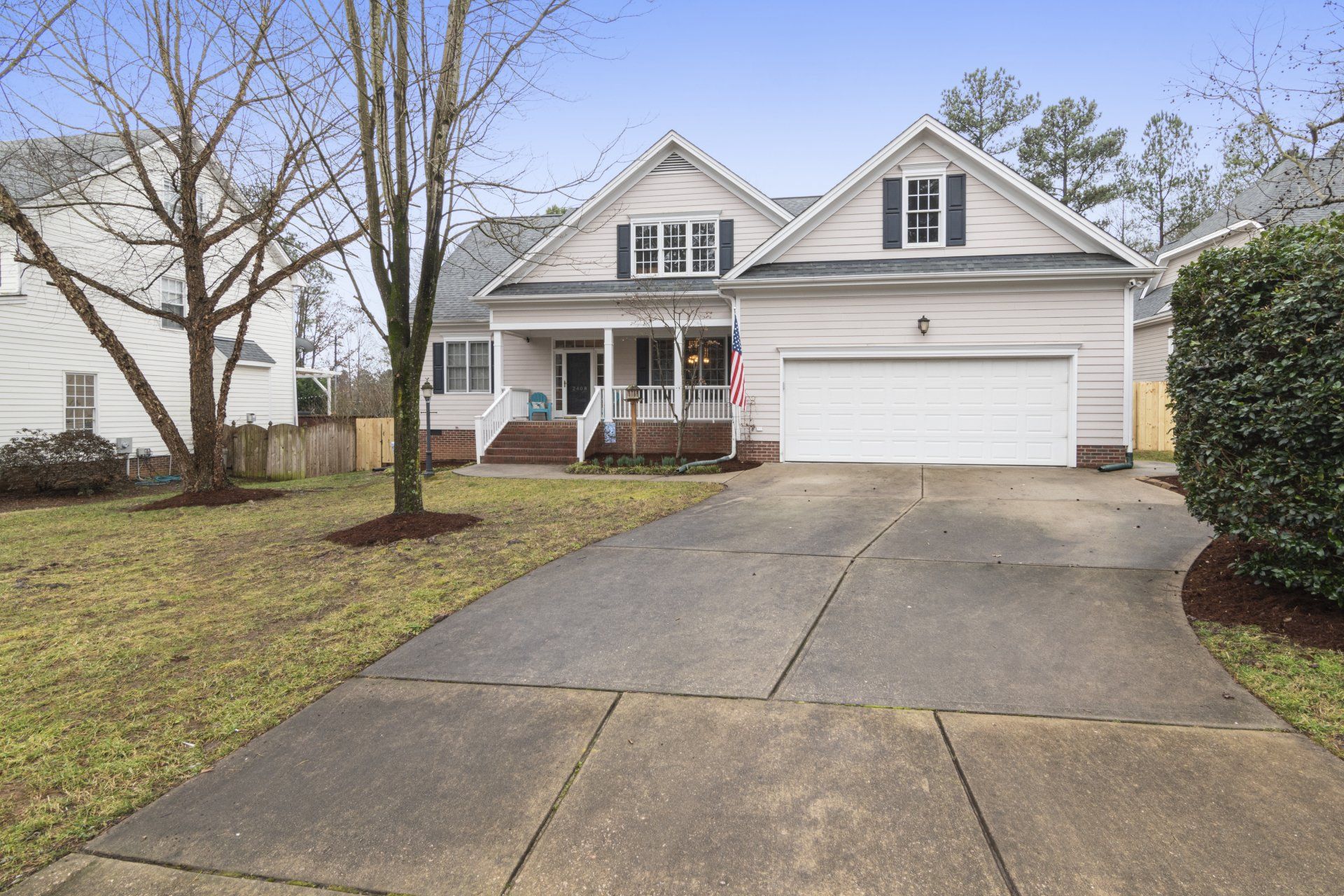Contact Robert C. White & Company
Landlord's Guide to Security Deposits | CT Edition | Updated for 2022
EVERYTHING LANDLORDS NEED TO KNOW ABOUT SECURITY DEPOSITS!
Updated & Revised Jan 2022

What is a Security Deposit?
Definition: A SECURITY DEPOSIT IS ANY ADVANCE RENTAL PAYMENT OTHER THAN AN ADVANCE FOR THE FIRST MONTH'S RENT OR A DEPOSIT FOR A KEY OR SPECIAL EQUIPMENT. A SECURITY DEPOSIT REMAINS THE TENANT'S PROPERTY BUT THE LANDLORD HOLDS A SECURITY INTEREST IN IT. BY LAW, SECURITY DEPOSITS MUST BE KEPT IN AN ESCROW ACCOUNT IN A CONNECTICUT BANK.
Security Deposits in Connecticut: Do's & Don'ts
| DO | DON'T |
|---|---|
| Do collect up to 2 month’s rent as a security deposit | Don’t collect more than 1 month’s rent on tenants aged 62 and older |
| Do hold security deposits in an escrow savings account | Don’t keep a tenant security deposit in a checking account |
| Do shoot a “move out” inspection video immediately after the tenant vacates to document the condition | Don’t return the security deposit before inspecting for damages |
| Do give tenants “written notice of damages” after their move out. This should show the nature and amount of any tenant damages that were assessed. | Don’t use the security deposit as a way to nickel and dime renters. Account for normal wear and tear. |
| Do charge tenants if damages are equal or more than the amount of their security deposit. | Don’t assume that you have no legal recourse. You can take tenants to small claims court over funds owed. |
| Don’t draft a fragile lease. Be sure your language is strong and tenants fully understand the consequences of not caring for the property as expected. |
Landlords Beware: Fines and Imprisonment
Do you know the legal penalties for not dealing with security deposits correctly?
- If a landlord does not ...return a security deposit with interest or provide written notice of damages within 30 days, the landlord may have to pay the tenant 2x the amount of the security deposit.
- If a landlord does not...keep security deposit funds in an escrow account, the landlord is subject to a fine up to $500 & 30 days in jail FOR EACH OFFENSE.
- If a landlord does not...pay interest on security deposits annually, the landlord is subject to a fine of up to $100 FOR EACH OFFENSE.
- These previous 3 items sound painful, do they not? Here are a few comforting items:
- Landlords do not have to pay interest on a security deposit in any month where a tenant was more than 10 days late paying their rent (BTW Connecticut allows for a 9 day grace period... so on the 11th RENT IS LATE)
- Landlords with disputes can file a suit in small claims court.
Security Deposit Interest: How Much is Enough?
Who determines how much interest one has to pay on security deposit funds? This one’s easy! The State Banking Commissioner sets the interest rate annually, which is known as “the average commercial bank’s savings deposit rate.” In the year 2022, the Commissioner has determined the interest rate for rental security deposits to be .06%. This percentage is a decrease from the rate set in 2021 (.08%) and before that in 2020 (.15%).
Another thing to note regarding interest on security deposits, is that tenants forfeit their interest on any months they are more than 10 days late on rent. That is unless the rental agreement has other late charges for overdue rent payments.
Disputes and Security Deposits: First Steps
What options are there for resolving disputes?
At the Connecticut Department of Banking, a full-time employee is available to answer questions on rent security deposits in the state office. The Banking Commissioner may investigate complaints, issue cease and desist orders, or refer matters to the Attorney General's Office for legal action. For further information or to file a complaint, please visit the Connecticut Depart of Banking Site Here.
Assessing Damages and Return of Security Deposit
Upon tenant move-out, always inspect the unit BEFORE returning the security deposit. If you fail to inspect you’ll have no recourse. One way to avoid an unfair damage assessment is to take a pre-move-in and move-out video to document the unit conditions (these walk through videos can and should be shared with tenants!). This way you can compare the unit before and after a tenant’s stay to determine whether or not they will have the security deposit returned to them. Reminder: in the state of CT, the security deposit must be returned, or a written notice of damages provided to tenants, within 30 days.
Tired of Dealing With Security Deposits?
Dealing with tenant security deposits is one of the many things Robert C. White & Company takes care of for owners of single-family homes, condos, and small multi-families. We have it down to a science because it is what we do. Our owners don't have to worry about opening escrow accounts, calculating how much interest they need to pay, conducting move-out inspections, or abiding by timeframes set by state law... peace of mind is what we provide!
Have immediate questions about how to handle your security deposits or? Call our property advisor directly at (860) 200-3331. We are always happy to help!
Our Services
Main Office: (860) 613-6290
Our Services: (860) 200-3331
info@robertcwhite.com
57 Dodge Ave Suite 107, North Haven, CT 06473
CT Licensed Broker #0790511

Business Hours
- Mon - Fri
- -
- Sat - Sun
- Closed
Business Hours
- Mon - Fri
- -
- Sat - Sun
- Closed












